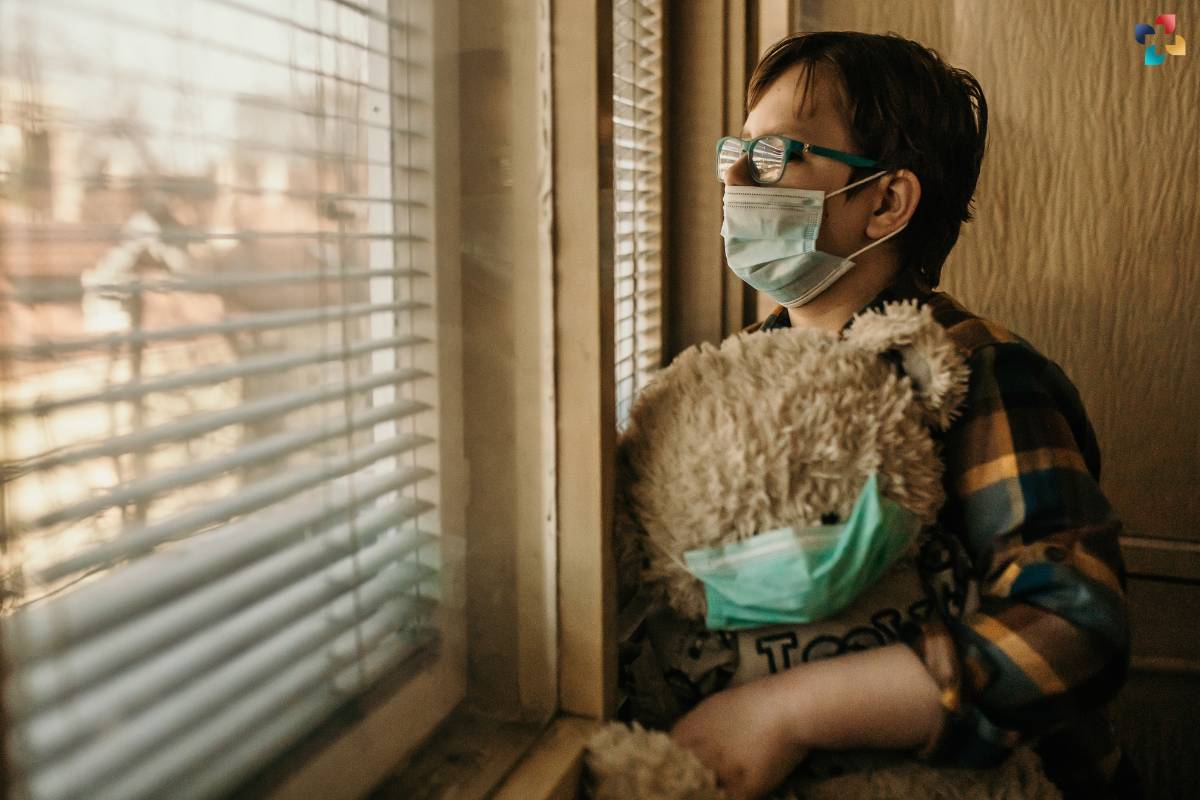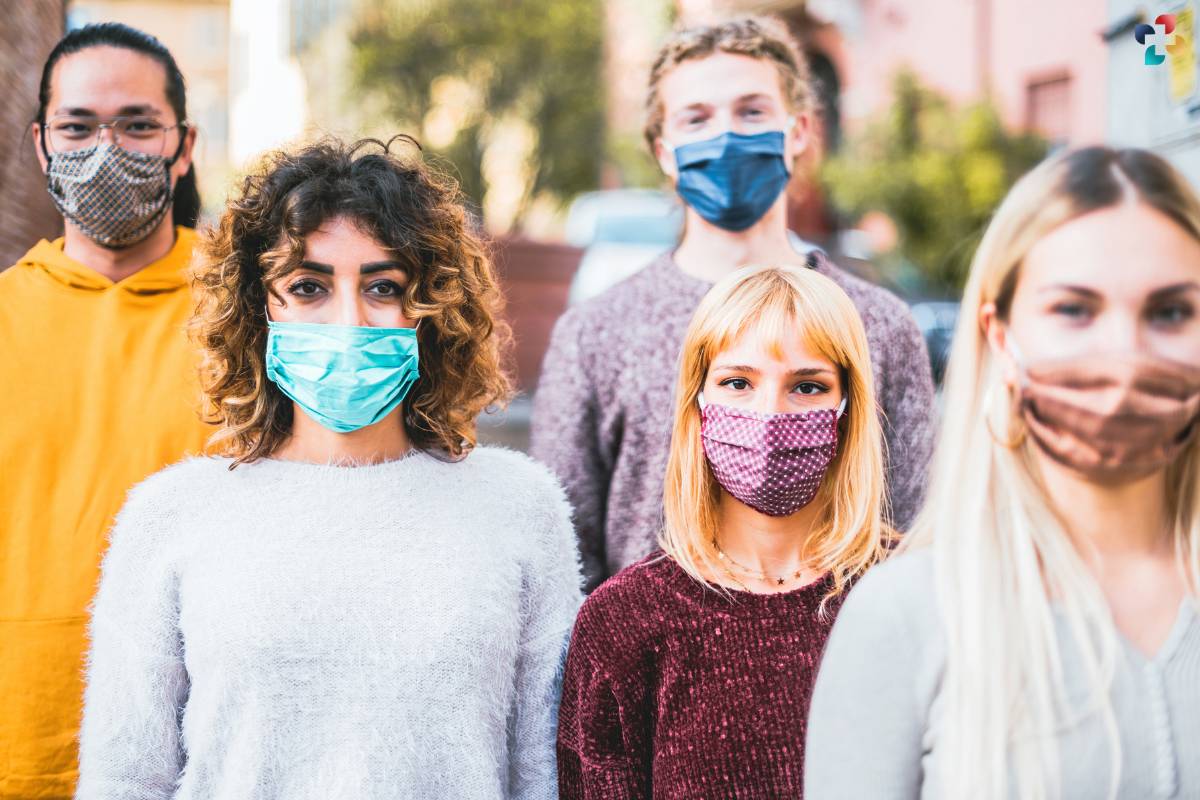The world is still recovering from the challenging times presented by the COVID-19 pandemic. In these situations, social gatherings have surely become a topic of caution and concern. While our mental and physical well-being is fairly determined by human connections, it is equally important to keep a balance of safety in our minds.
You could be planning a family reunion, a dinner with your close-knit group of friends, or even attending a community event, if you ask yourselves these 5 important questions, it can help you make informed decisions, arrange social gatherings while also prioritizing health and safety of yourself and the people around you.
Here are 8 Questions to Ask Yourself When You Arrange Social Gatherings In COVID-19:
1. Is the Gathering Necessary?
Before even delving into the details of a social gathering, it’s essential to ask yourself whether it’s necessary at this moment. Assess the purpose of the gathering and its potential impact. Consider whether it can be postponed, moved online, or replaced with a safer alternative. While social interactions are vital, some can be delayed until the risk of COVID-19 subsides.
2. What’s the Current COVID-19 Situation in Your Area?

The safety of a social gathering is closely tied to the current COVID-19 situation in your area. Monitor local and regional health guidelines, infection rates, and vaccination progress. Consider factors like the prevalence of new variants and the healthcare system’s capacity. A higher rate of community transmission should lead to more cautious decisions regarding gatherings.
3. Can the Gathering Be Held Outdoors?
Outdoor gatherings are generally safer than indoor ones. Adequate ventilation reduces the risk of viral transmission. If possible, opt for an outdoor setting for your social event. Ensure that seating arrangements, shade, and weather conditions are suitable for your guests. Providing hand sanitizers and encouraging mask-wearing can add an extra layer of protection.
4. What’s the Vaccination Status of Attendees?
Vaccination is a powerful tool in the fight against COVID-19. Ask attendees about their vaccination status and encourage those eligible to get vaccinated. If you’re organizing a larger event, consider requesting proof of vaccination or requiring attendees to show a negative COVID-19 test result. This can help create a safer environment for everyone.
5. Can You Implement Safety Measures?
Mitigating the risk of COVID-19 during a social gathering often requires a combination of safety measures. Prioritize the following:
A. Mask-Wearing: Encourage mask-wearing, especially in indoor or crowded settings. Provide masks for those who forget to bring their own.

B. Physical Distancing: Maintain physical distancing as much as possible. Arrange seating and activities to ensure appropriate space between attendees.
C. Hand Hygiene: Make hand sanitizers readily available throughout the gathering area. Encourage regular handwashing.
D. Limit Guest Count: Consider capping the number of attendees to reduce the risk of overcrowding.
E. Food and Beverage Safety: If your gathering involves food and drinks, prioritize pre-packaged or individually served options. Avoid shared platters and buffets.
F. Health Screening: Request attendees to perform a health self-assessment before the event. If someone feels unwell or shows COVID-19 symptoms, advise them to stay home.
6. What’s the Backup Plan?
Even with meticulous planning, it’s essential to have a backup plan in case of unforeseen circumstances. COVID-19 restrictions and guidelines may change at short notice. Ensure you have a plan for rescheduling or transitioning to a virtual event if needed.
7. Are You Open to Post-Event Follow-Up?

After the gathering, consider staying open to post-event follow-up. If any attendees develop COVID-19 symptoms or test positive, they should be encouraged to notify you. This way, you can inform other attendees and take appropriate precautions to prevent further spread.
8. Is the Information Transparent?
Throughout the planning and execution of a social gathering, transparency is key. Be open and honest with your guests about safety measures, expectations, and any potential risks. Clear communication helps everyone make informed decisions.
Conclusion: Balancing Connection and Caution
Social gatherings hold a special place in our lives. They help us foster connections and also provide us with moments of joy and celebration. And while we are still navigating through the challenges of the pandemic, it is of utmost necessity to strike the right balance between human connection and caution. By asking yourself these five important questions and carefully considering the safety measures and all the local guidelines, you can make sure that these social gatherings can still remain occasions of joy, and not pose any kinds of unnecessary risks.
The health and well-being of you and your loved ones should always be the top priority, and thoughtful planning can make all the difference in achieving a safe and enjoyable gathering.











